Mitsubishi MFXZ-KW25-50VG Bruksanvisning
Mitsubishi
luftkondisjonering
MFXZ-KW25-50VG
Les nedenfor 📖 manual på norsk for Mitsubishi MFXZ-KW25-50VG (12 sider) i kategorien luftkondisjonering. Denne guiden var nyttig for 10 personer og ble vurdert med 4.6 stjerner i gjennomsnitt av 5.5 brukere
Side 1/12

FLOOR TYPE AIR CONDITIONERS
MFXZ-KW25VG MFXZ-KW35VG MFXZ-KW50VG
REFRIGERANT
R32/R410A
English
INSTALLATION MANUAL
For INSTALLER
• This manual only describes the installation of indoor unit. When installing the
outdoor unit, refer to the installation manual of outdoor unit.
Produkspesifikasjoner
| Merke: | Mitsubishi |
| Kategori: | luftkondisjonering |
| Modell: | MFXZ-KW25-50VG |
Trenger du hjelp?
Hvis du trenger hjelp med Mitsubishi MFXZ-KW25-50VG still et spørsmål nedenfor, og andre brukere vil svare deg
luftkondisjonering Mitsubishi Manualer
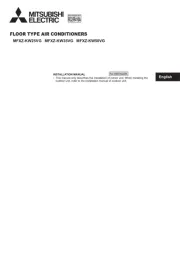
18 September 2025
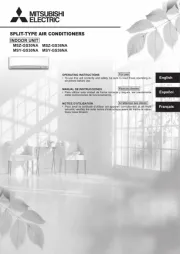
1 September 2025
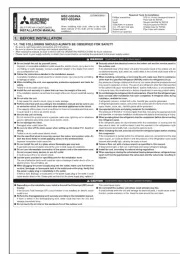
31 August 2025
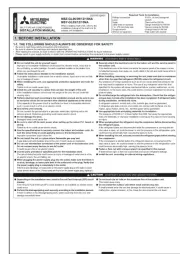
31 August 2025
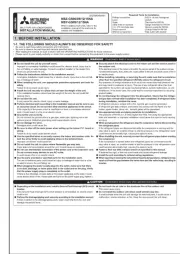
30 August 2025
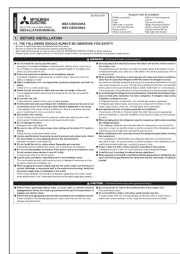
30 August 2025
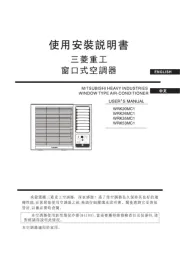
12 August 2025
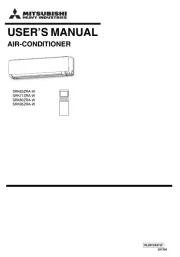
12 August 2025
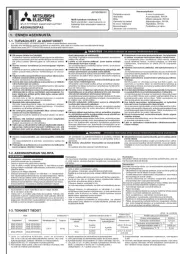
12 August 2025
luftkondisjonering Manualer
- Honeywell
- Emerson
- Gree
- Panasonic
- Wilfa
- Samsung
- Berner
- Be Quiet!
- Carrier
- Comfee
- ElectriQ
- Ufesa
- Vestil
- Eurom
- Frilec
Nyeste luftkondisjonering Manualer

20 Oktober 2025

19 Oktober 2025
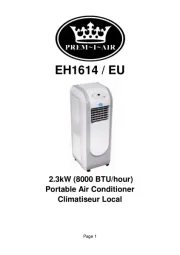
18 Oktober 2025
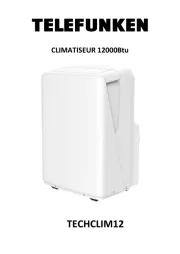
17 Oktober 2025
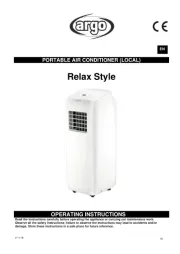
13 Oktober 2025
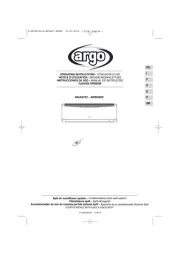
13 Oktober 2025
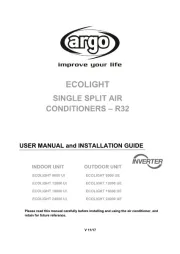
13 Oktober 2025
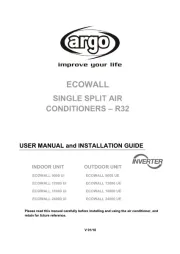
13 Oktober 2025
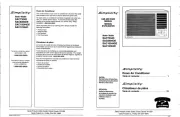
13 Oktober 2025
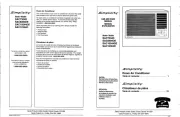
13 Oktober 2025